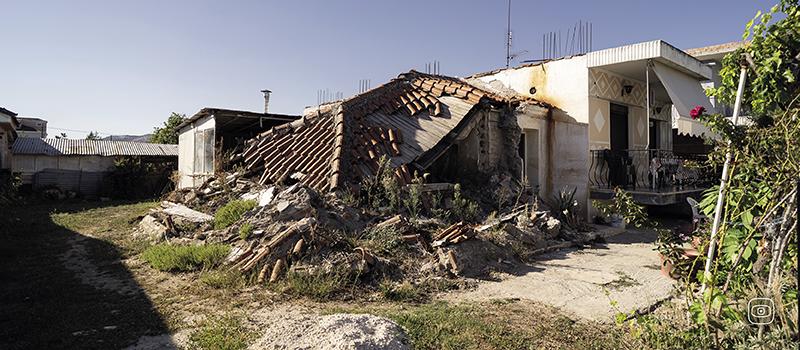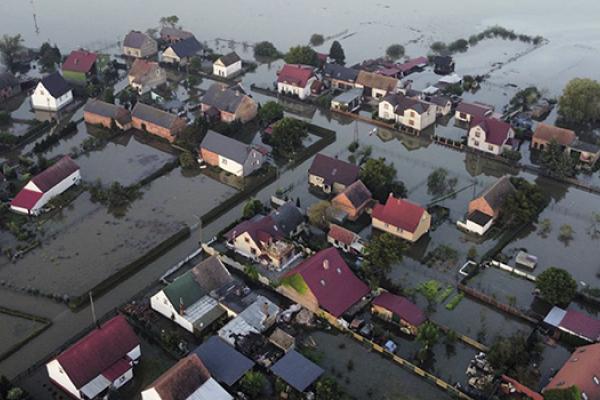In 2023 and 2024, floods hit Italy, Greece and other countries, leaving many people dead and causing financial damage on an unprecedented scale.
In the aftermath of the floods, both governments introduced legislation that made insurance for natural disasters compulsory for businesses, while offering individuals incentives to purchase private insurance.
As state compensation is often slow or inadequate, homeowners and businesses in the affected regions of Thessaly and Emilia-Romagna are increasingly turning to private insurers — sometimes by choice, sometimes by law — to cover the rising cost of floods and other extreme weather events. However, as disasters become more frequent and premiums rise, adequate protection is becoming a privilege.
In theory, shifting to private insurance promises a more predictable recovery system with broader coverage, which distributes risk and reduces dependence on slow-moving disaster aid.
In practice, however, the transition has highlighted the disadvantages of depending on private markets in areas where extreme weather is becoming commonplace. Insurers are becoming more cautious due to mounting losses, which is making private insurance more difficult to obtain.
Image by Giannis Floulis.







